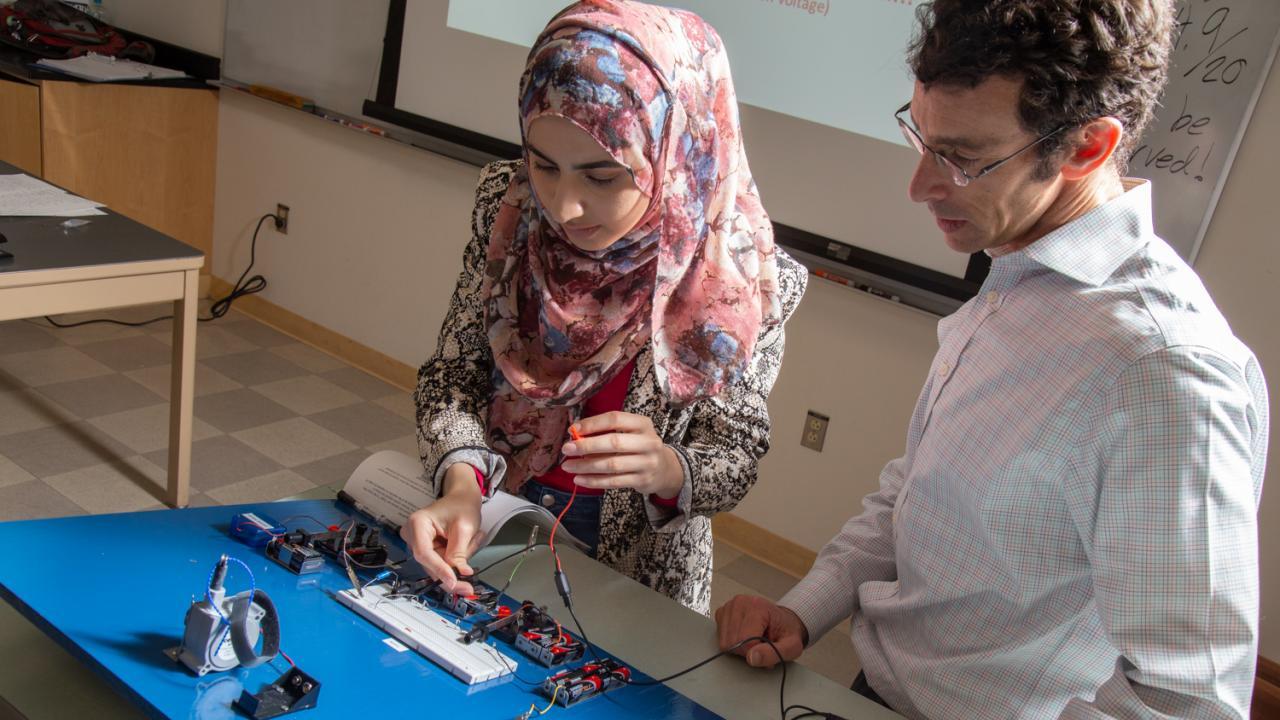
Professor Mark Goldman Appointed to the Joel Keizer Endowed Chair in Theoretical and Computational Biology
Our brains are incredible biological machines synthesizing uncountable, chaotic, sensory inputs into coherent experience. We populate a world of objects and
each object—a computer screen, a red apple, even the shape and identity of your best friend—is visually perceived and interpreted to construct our reality.
“You see something that’s red; you see something that’s round. How do you know it’s a red circle?” asked Professor Mark Goldman. “You have these individual attributes and the idea is that there are different parts of our brain that are responsible for color, others that are responsible for form. How is the information carried by these pathways combined in a faithful, yet flexible manner?”
This concept of neural binding—what may underlie the miraculous coherence of consciousness— is just one of the many aspects of the brain that puzzle neuroscientists.
“How are we going to figure out the algorithms used by the neural networks of the brain?” asked Goldman, who holds appointments in the Department of Neurobiology, Physiology and Behavior and the Center for Neuroscience. “We’re not likely to uncover these directly from measurements of brain activity. We’re going to need computer models to interpret the data and to stimulate the formation of new hypotheses that, when tested experimentally, provide novel insights.”
An advocate for computational and quantitative biology, Goldman has been appointed to the Joel Keizer Endowed Chair in Theoretical and Computational Biology. The position honors the late Professor Joel Keizer, a pioneering UC Davis faculty member and theoretical biologist who spent 28 years on campus. He died on May 16, 1999 from lung cancer at the age of 56.
